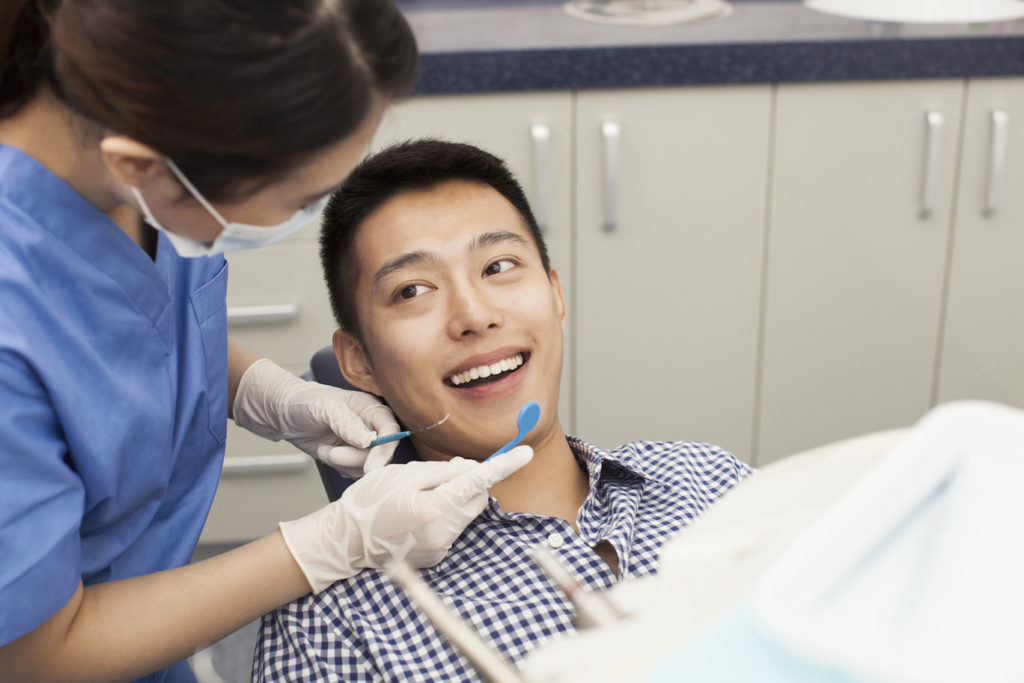Tooth loss and its causes
Tooth loss is a major inconvenience that can affect people of any age. The deciduous teeth of children – also known colloquially as milk, primary, temporary or baby teeth – are lost naturally in a progressive, time dependent manner starting at around the age of 6 with the incisors (the sharp teeth at the front of the mouth) and continuing with the molars, which normally get replaced by permanent teeth by approximately the age of 13, however some deviation is observable between individuals. Tooth loss in adults, however, is more problematic. It does not just inconvenience patients by making speaking and eating harder, but it can also cause serious issues with self-confidence. The biggest causes of the loss of permanent teeth are tooth decay, injuries or accidents, and periodontal disease. It is important to know that these causes can often be mitigated, and therefore tooth loss can be prevented. If you have already been affected by tooth loss, a dentist in Herefordshire can provide you with dental implants.
How can tooth loss be prevented?
As mentioned above, one of the most common causes of tooth loss is tooth decay. Tooth decay is the result of the build-up of bacterial plaque due to inadequate oral hygiene. Dental plaque is a biofilm, meaning that it is a relatively thin layer of bacteria adhering to the teeth and forming a resilient film. Bacteria occur in humans naturally, and have crucial roles in defence against pathogens, digesting food, producing certain vitamins and nutrients, etc. The presence of bacteria in itself is not a cause for concern. However, when these bacteria are allowed to reproduce in large numbers and form dental plaque, they can cause problems by producing organic acids, which can contribute to the degradation of the inorganic mineral content of the teeth by slowly dissolving it. This is a reversible process to some extent, the body is capable of rebuilding lost mineral content from the saliva, however once tooth decay progresses through the enamel, the process is unfortunately irreversible. Overgrown bacteria are also a major cause of periodontal disease, which can cause severe tooth loss. Maintaining adequate oral hygiene is therefore crucial in preventing tooth loss.
Another major cause of tooth loss is tooth loss through injuries and accidents. Certain sports and activities and even occupations come with an increased risk of dental injuries, primarily contact sports, such as rugby, martial arts, football, etc. When engaging in these activities or playing these sports wearing a mouthguard can significantly decrease the risk of injuries resulting in tooth loss. There are both generic types available in various shops, and they can also be custom made by dentists.
What can you do when tooth loss has already occurred?

One of the most important points to note is that the less time spent without teeth, the better. It is not just important to mitigate the daily inconvenience of missing a tooth or teeth, but getting a dental implant as early on as possible also increases the chance of successful implantation. This is due to the underlying tissue and bone progressively deteriorating after the tooth has been lost. Implants are capable of acting as if they were real teeth, and therefore they can make lasting connections to the jawbone resulting in a long-lasting, convenient, durable and aesthetic solution for tooth loss.
